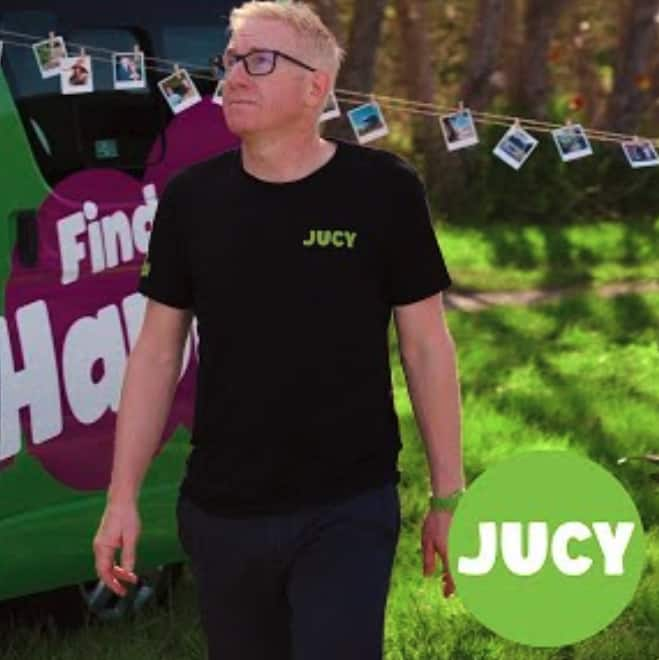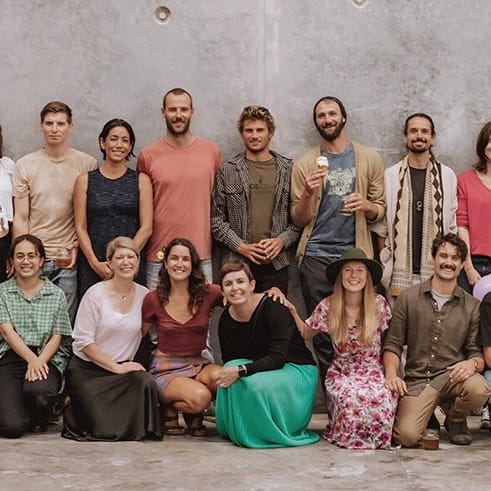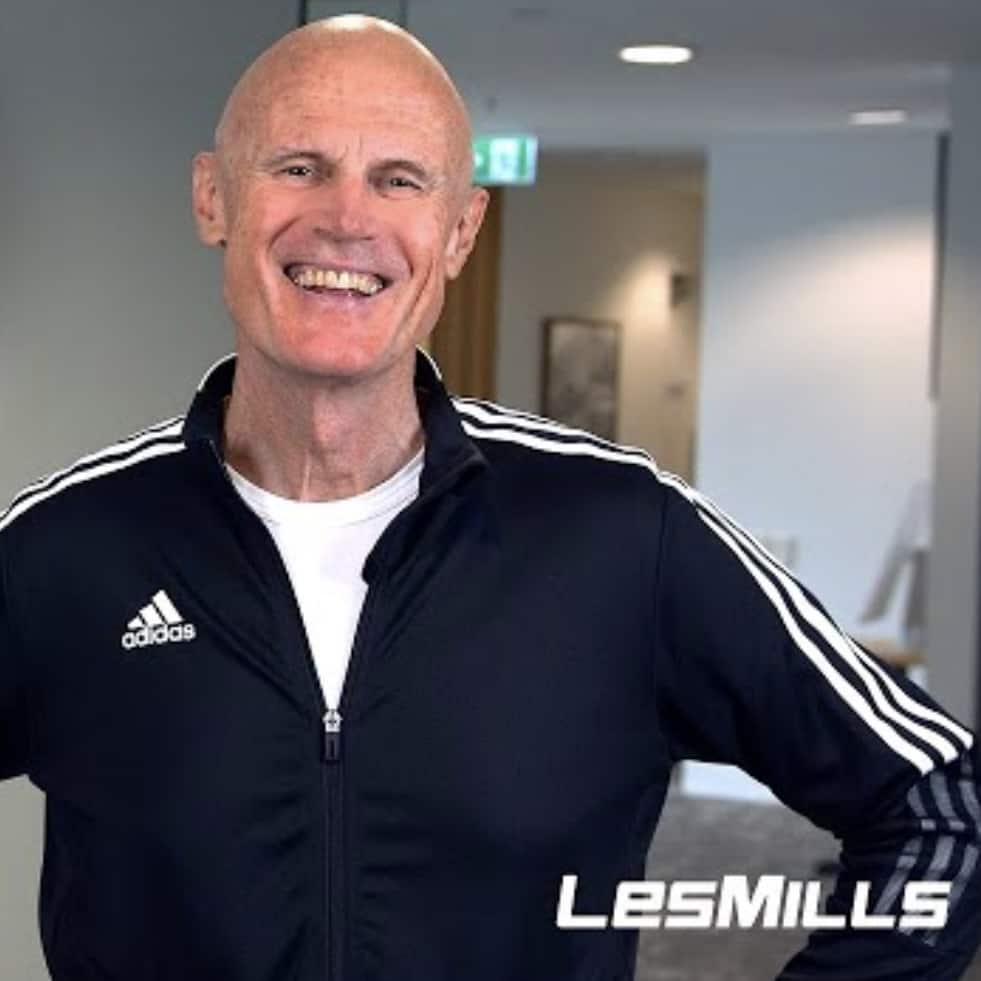Customer case study: TPT Group Holdings
Since they founded TPT Group in 1999, Mike and Terese Marr have built their business to the point they have near 300 staff in more than 20 offices across New Zealand, as well as a charitable trust foundation. Through it all, the focus has been on building great businesses with awesome people while supporting the community in a meaningful way.
How Mike got started
Initially an electrician, Mike went to work in a large corporate business where he built a reputation for fixing and growing the various divisions. He was putting in a huge number of hours each week. 'I felt like I was becoming just a number,' says Mike, 'so I decided to start my own business. I was running and growing the corporate divisions as my own businesses anyway. It's what I was trained in.'
Since that first milestone, the TPT group is now one of the largest technical service providers in New Zealand, consolidating their subsidiaries under The Advanced Group:
- Advanced Security, an electronic security integrator, providing access control systems, CCTV, perimeter and intruder detection solutions, ID cards, or fully customised security solutions.
- Everlert – a 24/7 security alarm monitoring, video and call centre
- Promessa Property Group– a commercial and industrial property business
- IT Engine, a business providing solutions, infrastructure, hardware, cyber security, backups and recovery.
- Cablenet, data cabling, optic fibre networks, electric vehicle, solar, and audio-visual solutions.
- ASG Technologies, partnering with organisations to build innovative solutions inside their businesses, from AI and machine learning, to software development, drones and the internet of things.
- Technology Leasing, rather than buying, from state-of-the-art electronic security systems, computer and servers, audio video systems or radio communications equipment.
The business model
Across all of Mike's businesses is a recurring revenue theme, where his customers need TPT Group's services every day. The businesses generate revenue off subscriptions and licencing, and clients who pay for monthly services.
TPT Group focuses on a balance between stable business and developing new ideas at the same time, to keep the business well positioned for future shifts. Mike says he'll hear an idea or learn about technology and repurpose it to see how it could work within TPT Group. He calls it bending. 'I'll hear an idea on the radio or see it online, which sparks a different way of doing something, so I'll bend that idea to be relevant to one of our businesses'.
That's always been the core strategy; to position the business for the future by creating new revenue streams and new customers.
Taking the whisper moments
Over the last twenty years Mike has taken opportunities when they present themselves, one reason why they've ended up with lots of different entities. Mike calls these his 'whisper' moments. 'You're busy doing one thing, then an idea or opportunity is whispered in your ear. It's taking action next that counts.'
A good example is when Siemens were seeking to sell their New Zealand security business. They wanted to sell and Mike was in the right whisper place at the right time. 'I went home after a meeting, wrote a business plan and 48 hours later we had a deal. When you're in business, if you're innovative every day, you'll suddenly see opportunities.' But it wasn't luck. Mike had spent a number of years doing great work for Siemens, and they were very particular about who they wanted to continue the business. The trust and capability Mike had demonstrated made him a good choice.
The importance of people
A crucial part of Mike's success is to have great people around him inside the business and great wisdom around the board table to ask the right questions. To keep the best people in his company, TPT Group has business initiatives such long-service recognition schemes, medical insurance, and helping employees on a case by case basis when they need help the most, such as extending sick-leave or bereavement leave.
Recognising the importance of connection, Mike and the team also embrace flexibility while still providing opportunities for people to gather, engage with each other, and build their relationships. This has become increasingly important as the company has expanded to offices across the country.
Building a strategy
We asked Mike what his strategic initiatives are. He said his business is based on four core pillars:
- People. The foundation of every organisation, no matter what size business, will be the people you have with you for the ride. Mike wouldn't be able to juggle all the components of the Group if he didn't have awesome people managing the pieces of the puzzle.
- Systems. As a business scales, the things you used to do with internal know-how needs to be documented and operate without you. That means a system and process that runs autonomously.
- Training. On-going learning and up-skilling for everyone.
- Market capability. At the end of the day, you need to be great at what you do, and be best in class.
Mike believes if you build capability to deliver to customers correctly, with the best people, you'll earn the privilege to grow.
Advice for growth
With all his success, Mike has learned lessons along the way, which he is happy to share with other business owners. Mike's tips:
- Ask for help. A lot of small business are too afraid to. Pride gets in the way and they hit a brick wall because they don't ask. The business could go bust or the owner could suffer wellbeing issues, or face challenges they just couldn't navigate on their own.
- Join an organisation that fits your current needs. Mike participated in the Entrepreneurs' Organisation for around 15 years to help him expand his thinking. Find an organisation that shares your goals.
- Use external experts. Mike uses Cameron Bagrie, an economist, to connect into board meetings and give wider insights they may not have. Dip into your local support network or other business owners to advise you.
- Don't participate in recessions. Mike found competitors often take their foot off the accelerator during a downturn. Mike plants his foot down, looking for opportunities.
- Dream big. That's the only way to create the jobs and businesses of the future New Zealand needs.
- Embrace systems and good process. A good leader can grow a business to a certain size, but there's only so much you can do. After that, you must systemise and build processes in a business.
Mike says if he could talk to a younger version of himself, he would tell himself to have more confidence and be bolder when he started the business.
'I've been speaking for Innovation Franklin at school this morning and spent the last few weeks working with them. Just to see the change in these kids, encouraging them to dream about the future and what they can become. And I think as New Zealanders, we live in a country where we have so much that's achievable when we have dreams.'
Relationship with ASB
Mike says his relationship with ASB has been incredibly supportive. 'ASB has been great for us. We started off small, moved to business, then to commercial and now we're in corporate. It's kind of been a neat journey, to be honest. ASB has always believed in the direction and supported our growth. It's really exceptional.'
Having a bank that has been able to follow Mike's success and offer services along his growth path, is invaluable.
The runway foundation
Mike and his wife, Terese, founded The Runway Foundation in 2015, a charitable trust passionate about providing financial support, particularly for youths with ADHD in the school system. Mike credits his ADHD as being a great entrepreneurial asset that took him from being an electrician to a CEO.
Mike says the school system largely doesn't fit for children with ADHD, often resulting in their leaving the system and struggling to find a career. The Runway Foundation provides funding for school programmes for children, youth workers in the schools, and support groups to help parents navigate.
'It's actually life changing for a lot of these people. There's always waiting lists for kids to get in. It's something we see New Zealand needs on a big scale. We are talking to politicians on how something like this goes to scale.'
For Mike, the foundation is about helping people with ADHD achieve better outcomes and about helping the community.
'We all have an obligation to support the community, personally and corporately. Every business has a responsibility to do something. Even on your worst day, when you go home, what you've done in the community is life-changing. You could have saved a life that day.'
Final thoughts
Mike knows New Zealand has slipped down the global innovation rankings, and he believes we have to encourage our young people to solve the slide. One suggestion is a hub and spoke model with an 'innovation centre' in the middle that reaches out into the high schools, support groups, councils and community stakeholders, all with the same goal.
Mike's last comment is about courage. 'Do you think Edmund Hillary, on that final ridgeline to the summit, do you think he was scared? Absolutely yes. But courage is not an absence of fear. It's doing what we're afraid to do.'




